2 min read
Gospel-Centered from the Start
“Let us hold unswervingly to the hope we profess, for He Who promised is faithful…Jesus Christ is the same yesterday, today, and forever.” (Hebrews...
5 min read
 Barbara Comito, former marketing director
:
February 13, 2014
Barbara Comito, former marketing director
:
February 13, 2014
When the actor Philip Seymour Hoffman died of a heroin overdose, public reaction ran the gamut from disgust to sympathy.
One controversial church with over 17,000 followers on Twitter posted this comment: “Another one bites the dust. #Time2StopTeachingSinYet?”
A fellow actor tweeted: “‘Sad’ isn't the word I'd use to describe a 46-year-old man throwing his life away to drugs. ‘Sensless’ is more like it. ‘Stupid.’”
At the other end of the spectrum, another actor tweeted: “Dear Philip, a beautiful, beautiful soul. For the most sensitive among us the noise can be too much. Bless your heart.”
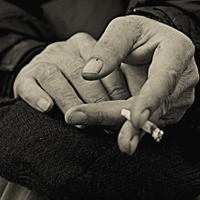
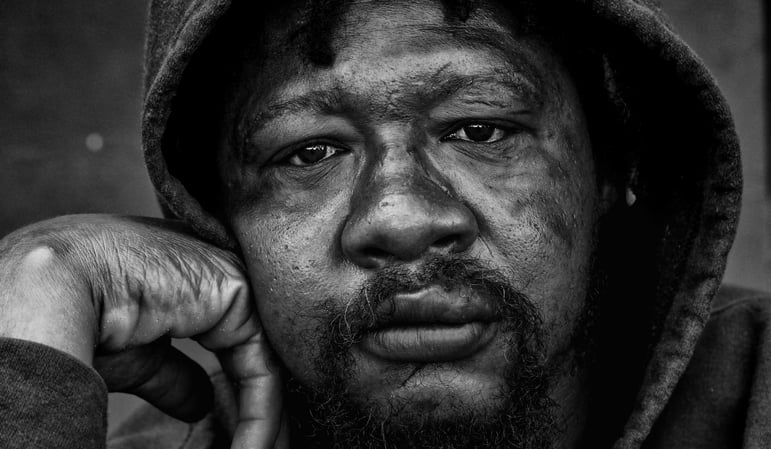 It does seem senseless and sad at the same time. A talented man with a wife and three young children dies with a needle in his arm. Tragic has to be an appropriate adjective, and yet, it doesn’t require a stretch of the imagination to see how someone might call addiction “stupid.” Hoffman had a beautiful family, a successful career, money, and he threw it all away for a drug he knew could only lead to his destruction. He made a choice. A bad one. A tragic one. A stupid one.
It does seem senseless and sad at the same time. A talented man with a wife and three young children dies with a needle in his arm. Tragic has to be an appropriate adjective, and yet, it doesn’t require a stretch of the imagination to see how someone might call addiction “stupid.” Hoffman had a beautiful family, a successful career, money, and he threw it all away for a drug he knew could only lead to his destruction. He made a choice. A bad one. A tragic one. A stupid one.
So, why should you care?
For the Union Gospel Mission, this isn’t a theoretical question. The vast majority of the men and women who come through our doors are struggling with addiction of one kind or another. We believe it is right and appropriate that the Body of Christ should care for them. Here’s why:
 Philip Hoffman, the drunk passed out in the alley, the CEO of Buy Stuff, and you and I all have one thing in common: We were created in the image of God. We were created to be beautiful and glorious – reflecting the nature of the One who made us. The psalmist puts it like this: “For you created my inmost being; you knit me together in my mother’s womb. I praise you because I am fearfully and wonderfully made; your works are wonderful, I know that full well” (Psalm 139:13-14).
Philip Hoffman, the drunk passed out in the alley, the CEO of Buy Stuff, and you and I all have one thing in common: We were created in the image of God. We were created to be beautiful and glorious – reflecting the nature of the One who made us. The psalmist puts it like this: “For you created my inmost being; you knit me together in my mother’s womb. I praise you because I am fearfully and wonderfully made; your works are wonderful, I know that full well” (Psalm 139:13-14).
And yet, the image of God in us humans has been shrouded, distorted and nearly expunged by sin, which brings us to the next point.
Being found dead in your underwear in a hotel room with a needle sticking out of your arm is certainly a fall from glory. It is not a picture of what God created us to be. But Hoffman is not alone in his disgrace.
Paul painted us all with the same brush when he wrote, “For all have sinned and fall short of the glory of God” (Roman 3:23). Earlier in the same chapter, Paul quotes Psalm 14 when he writes: “There is no one righteous, not even one.”
We cannot condemn Hoffman or any other addict without condemning ourselves. We may not have ever used illegal drugs. We may not struggle with any overt addiction, but by nature of being human, we have fallen short.
We have all broken the command Jesus said was paramount – to love God with all our heart, all our soul and all our strength. We have loved pleasure or success or approval more than we have loved God. And we have broken the second great command – to love our neighbor as ourselves. We have envied and compared and gossiped and taken the best bit for ourselves.
All of us have become like one who is unclean, and all our righteous acts are like filthy rags, we all shrivel up like a leaf, and like the wind our sins sweep us away.-- Isaiah 64:6
Some people would argue with the description of addiction as sin, defining it instead as a disease. I have neither the expertise nor the desire to argue that point here. Rather, I want to clearly state that even if you do define addiction as sin, it is certainly not the unforgivable one.
And, as Marty, a participant in UGM’s LIFE recovery program, pointed out, substance abuse is not the only addiction. “As a society, we suffer from all sorts of addictions. We get into relationships or eat or have sex in order to escape those unwanted thoughts and feelings. We’re all doing things to make us feel better, to give us self-worth, things that take the place of God in our lives.”
You might be surprised to hear that UGM’s LIFE recovery program doesn’t really focus on a person’s addiction. Wait! – Didn’t I start these points off by saying that the majority of men and women who come through our doors struggle with addiction? Why would we not focus on that?
Because addiction isn’t the real problem. Because sobriety alone won’t lead to a fulfilled life.
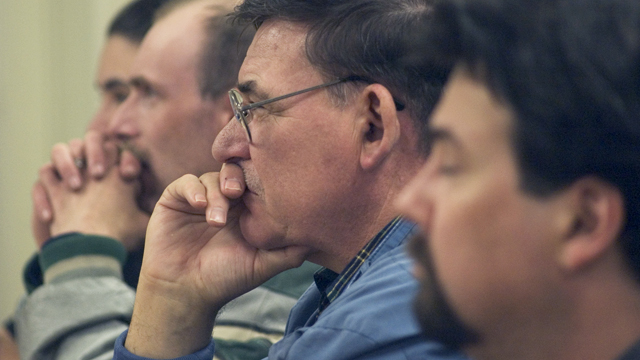
The underlying causes – the pain the addiction was meant to cover up – must be addressed.
Steve, a resident in the LIFE recovery program, said this was true for him. “The reason I did drugs in the first place was because I was trying to escape the unwanted feelings, thoughts and emotions.”
Ron, another current program resident, concurred: “The problem is me – not the alcohol. The problem is how I react to society. My fear is one of the biggest driving forces – fear of failure, fear of not measuring up, fear of being exposed. This program is teaching me to deal with the fear.”
UGM volunteer and certified psychiatric nurse Holly Simons said addiction often starts as a means of feeling normal. “The addict thinks if he drinks or shoots up, then he’s not gonna feel and he’s not gonna think…but the more you take, the bigger problem you’re creating.”
A foundational premise in the UGM LIFE recovery program is summarized in this statement from The Genesis Process: a Relapse Prevention Workbook by Michael Dye: “To change what you do, you must change who you are.” That change begins with an understanding of point #1.
Damaged people damage other people. Don’t imagine a circle. That would be too neat, too clean. Imagine something messier, like a wobbly, out-of-control spiral that circles in on itself again and again.
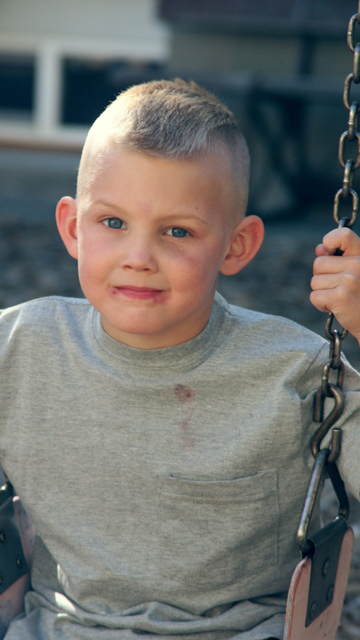 Drug addiction isn’t a victimless crime. The user is the first victim. Those closest to him are next, and when those victims are children, the resulting pain can cut so deep that it permanently disfigures.
Drug addiction isn’t a victimless crime. The user is the first victim. Those closest to him are next, and when those victims are children, the resulting pain can cut so deep that it permanently disfigures.
The majority of the men and women who come through our doors suffer from the adverse effects of childhood trauma. Many of them have children whom they have drawn into that trauma, and so, the cycle of pain is perpetuated. Unless the cycle is broken.
Addiction often leads to crime. “In 2004, 17% of state prisoners and 18% of federal inmates said they committed their current offense to obtain money for drugs” (Bureau of Justice).
The cost of addiction can also be measured in dollars and cents: “Drug abuse costs the United States economy hundreds of billions of dollars in increased health care costs, crime and lost productivity.” (NIH website)
This may be the most critical point for Christians. No one is ever beyond God’s reach.
Jesus himself promises: “Nothing is impossible with God” (Luke 1:37).
Without God’s grace, all of us would be without hope. In Ephesians 2, Paul writes that we were dead; Christ brought us back to life. “But God is so rich in mercy, and he loved us so much, that even though we were dead because of our sins, he gave us life when he raised Christ from the dead. It is only by God’s grace that you have been saved!” (Ephesians 2:4-5). The miracle isn’t that an addict can be saved. The miracle is that any of us can be saved.
In fact, addicts, because they have come to the end of themselves, are often quicker to realize the futility of life without God.
Former addict Brian Gardner described the phone call from his stepdad that saved his life on Donald Miller’s Storyline blog:
“Your mother and I are hurting right now because of what you’ve done,” he said, “and we are very disappointed in you. However, I wanted you to know that nothing you have ever done is unforgivable by God, or by us. We love you.
“That phone call literally saved my life.
“In the coming weeks, I let God in. I accepted the gift of eternal life, and began to fall in love with Him. I started going to Willow Creek Community Church, where I was welcomed into a family of believers who helped me rebuild my life.”
You might also be interested in "3 BIG Misconceptions about Addiction." You can also click below for a free tip sheet about the best ways to help someone who asks you for money on the street.

2 min read
“Let us hold unswervingly to the hope we profess, for He Who promised is faithful…Jesus Christ is the same yesterday, today, and forever.” (Hebrews...

9 min read
To celebrate 75 years of serving the Inland Northwest, we are spending the year remembering our history and the faithfulness that built us and...

2 min read
In 2026, Union Gospel Mission Inland Northwest is approaching our 75th Anniversary! This is a milestone that invites gratitude and reflection, and...
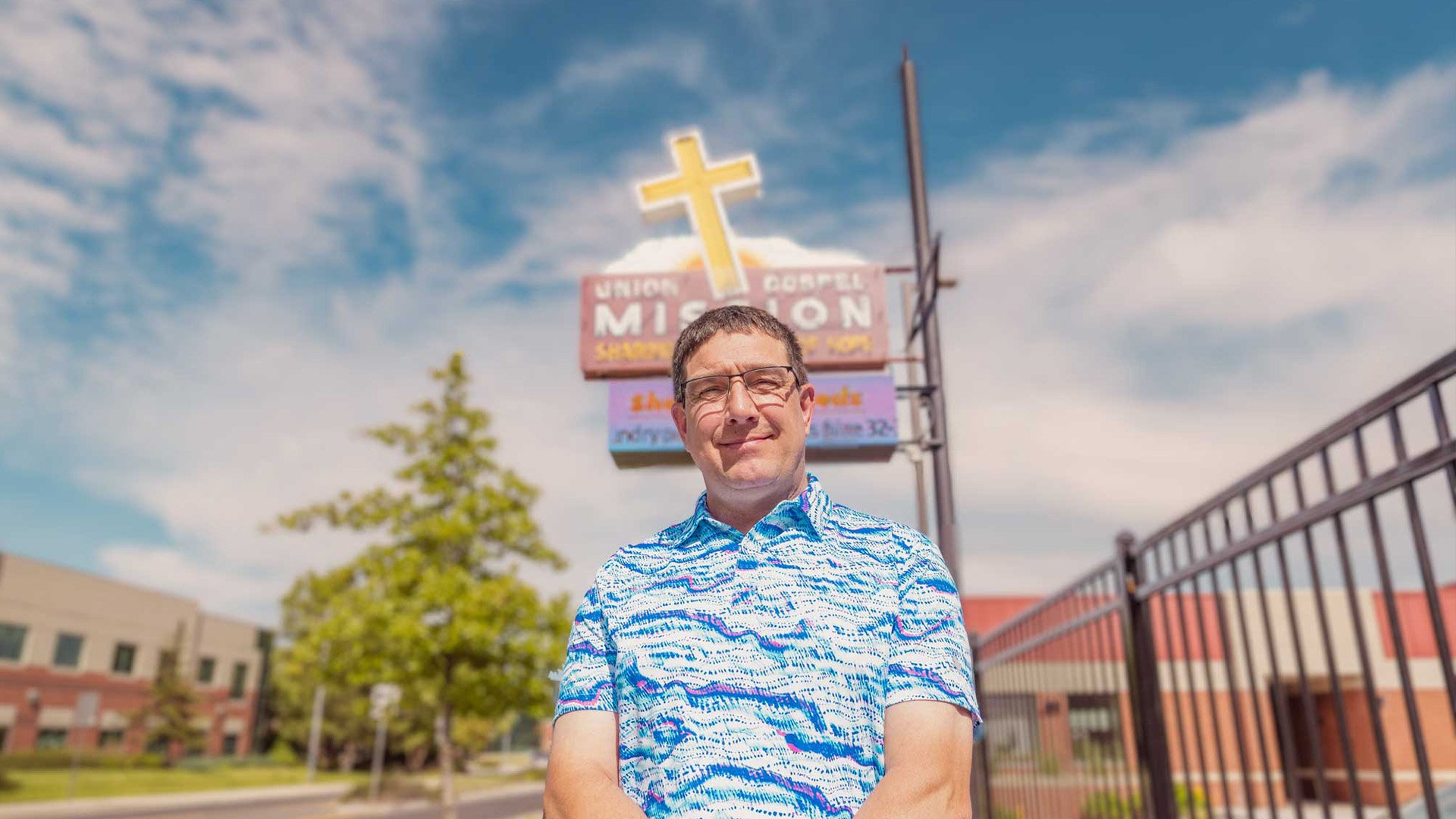
“The enemy got his hooks into me early. I’d been using for roughly 40 years.”

The 2025 Life Recovery commencees have journeyed through deep valleys of struggle and hardship. Yet, with resilience and grace, they have emerged...

In 2026, Union Gospel Mission Inland Northwest is approaching our 75th Anniversary! This is a milestone that invites gratitude and reflection, and...